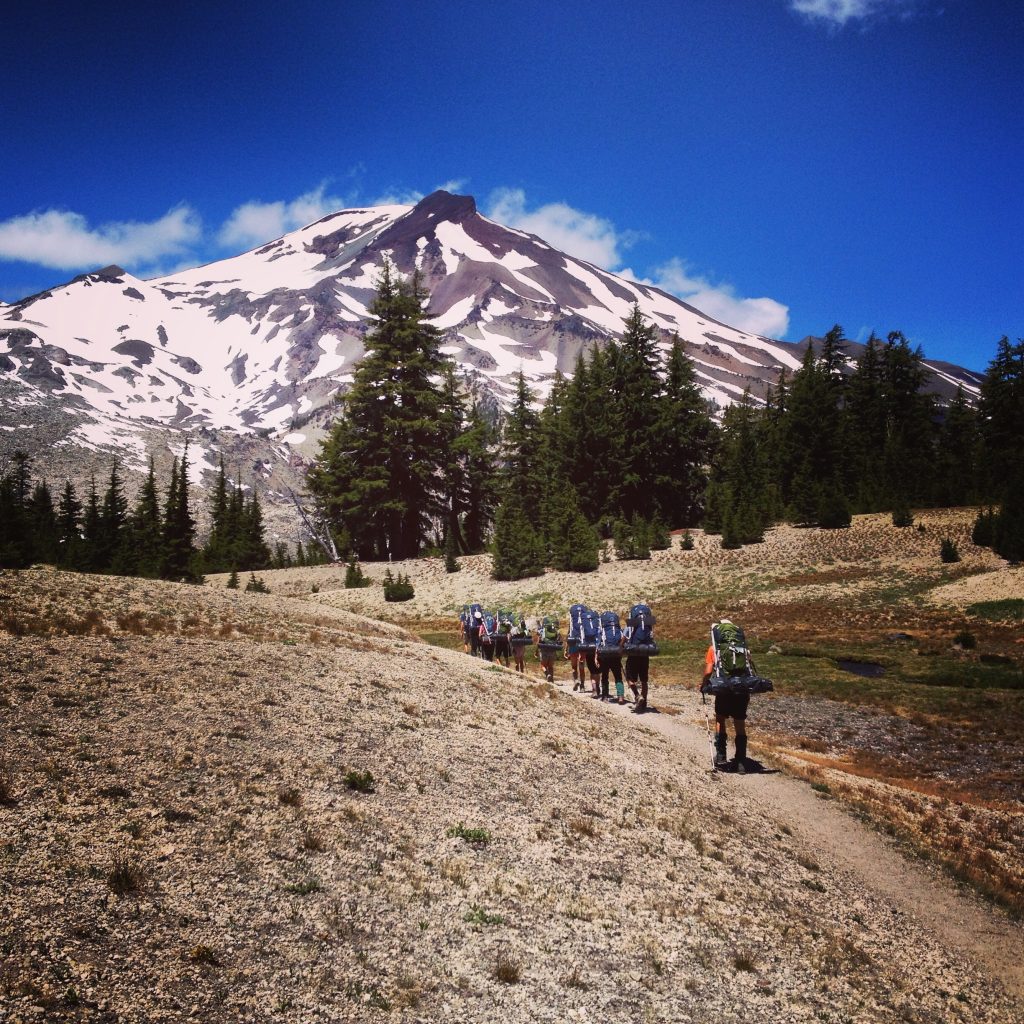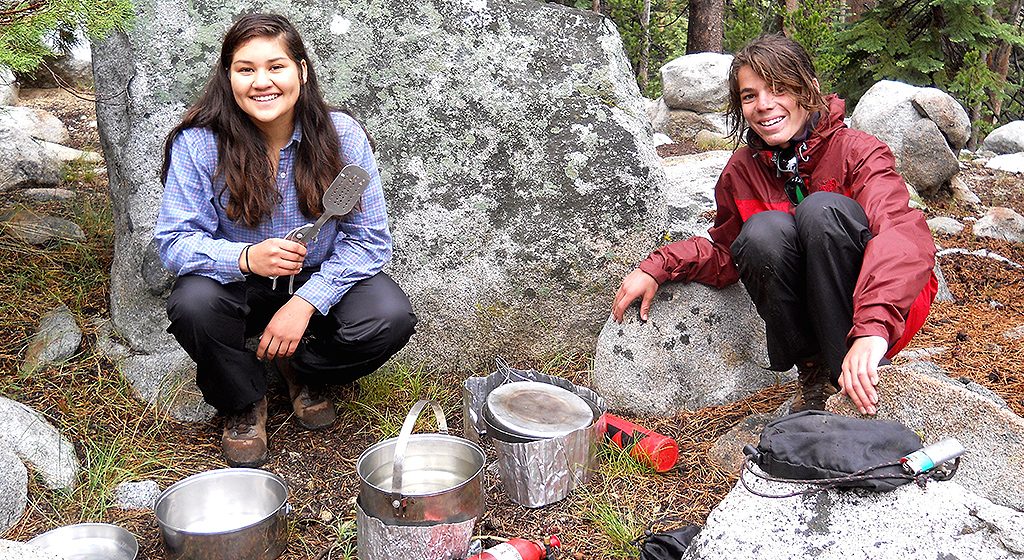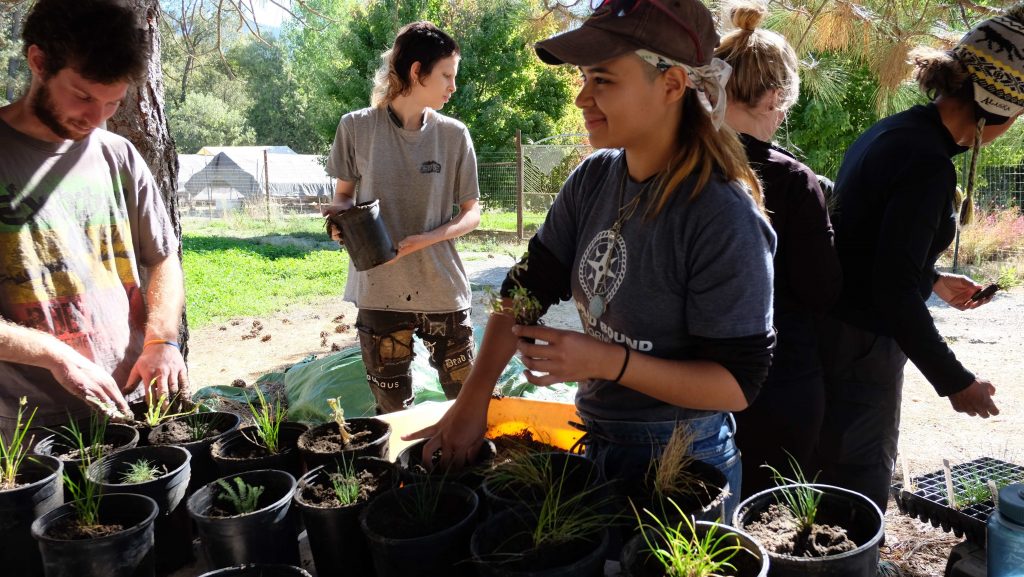Many of us have made drastic changes in our lives this year. We’ve been forced to adapt to a changing landscape around us—sheltering in place for months, wearing masks to leave our homes and physically distancing ourselves from others.
We’ve adjusted to learning and teaching via video conference. We’ve made more phone calls in efforts to stay connected. Maybe we’ve read more books, tried new recipes or taken more neighborhood walks as a way to prioritize wellness.

We’ve been forced to adapt to a changing landscape around us—sheltering in place for months, wearing masks to leave our homes and physically distancing ourselves from others.
While those changes, which at this point have become relatively normalized, likely ring true for everyone, many Americans are experiencing even more extreme changes, like unemployment, employment in unsafe conditions, working remotely, unsafe living conditions, struggles with mental health, newfound roles as homeschool teachers and caretakers, or the death of a loved one. Each one of these uncontrollable changes calls for adaptation in order to survive.
As we work to find a system that works for us during this pandemic, there are transitions and uncertainty swirling around us. It makes sense for us to feel low, depressed and downright negative. But there may be an antidote.
Service at Outward Bound
Providing service to others has many proven benefits for the individual serving, like decreased depression and stress, experiencing a sense of purpose and feeling happier overall.
Service is a major component of the Outward Bound experience. Each course, no matter the length, focuses on serving others. It can be seen in following Leave No Trace principles, which serve all living things; it can be seen in a community service project, like volunteering at a food shelter; and, most intimately, it’s seen in the service each member of the crew provides to their crewmates.
Students have endless opportunities to serve their crew. Sometimes it happens when a crew arrives at camp and it’s already dark, and one member goes above and beyond to help their exhausted peers get to bed as soon as possible. That person may serve their crewmates dinner directly into their bowls and pass it to them with a smile. Sometimes it’s a simple act of generosity, like letting a friend borrow some medical strength Goldbond to cool and dry their tired feet because they forgot to pack their own.

Students have endless opportunities to serve their crew on an Outward Bound course.
Whatever it is, we all have opportunities to serve others and build them up, whether on an Outward Bound course or at home. And those opportunities take on infinite shapes.
Adapt to Survive, Serve to Thrive
In 2020, serving our communities is likely different than it was in 2019. When in the past we may have volunteered at a convalescent home or hospital, now we may volunteer to go grocery shopping for our eldery neighbor or write thank you letters to hospital staff. But the principle is the same—we’re here to help each other.
The pandemic has brought to the surface inequities in our governing and healthcare systems, magnifiying cracks in our nation created by extreme positions of wealth, poverty and injustice that must be mended. Work that requires both compassion and action. These inequities are exemplified by COVID-19 transmission and death statistics, which show that Black, Indigenous and Latinx communities, as well as other communities of color, are being hit the hardest.
That being said, there’s an endless list of ways you can support your crew—your community—in this time. If you’re a landlord, you may adapt your financial plans to best alleviate rent-related stress for your tenants. If you’re a consumer, you may work toward becoming a more intentional buyer by supporting specific businesses.
As the list goes on, we can consider what roles we play to best serve our communities. For some, a small act of service, like volunteering to wash the dishes in the sink to give your roommates a break, is what we give to our immediate community today. For others, bigger acts are available and possible. If you run a business that has the resources to produce face masks, you may postpone producing other materials. Whatever you can manage, it’s worth it, and it’s necessary.
We’re all needed right now to step up and make our communities healthier, in every sense of the word. We’re all needed to think and act creatively, in ways we never have before, to adapt to circumstances that we’ve never experienced before, and to better our communities so that we not only survive but thrive, too.

We’re all needed right now to step up and make our communities healthier.
About the Author
Elizabeth Bowling is a field Instructor for the North Carolina Outward Bound School. Elizabeth has a degree in journalism and international studies from the University of Connecticut.
OTHER POSTS YOU MAY LIKE
Read More
Read More
Read More




